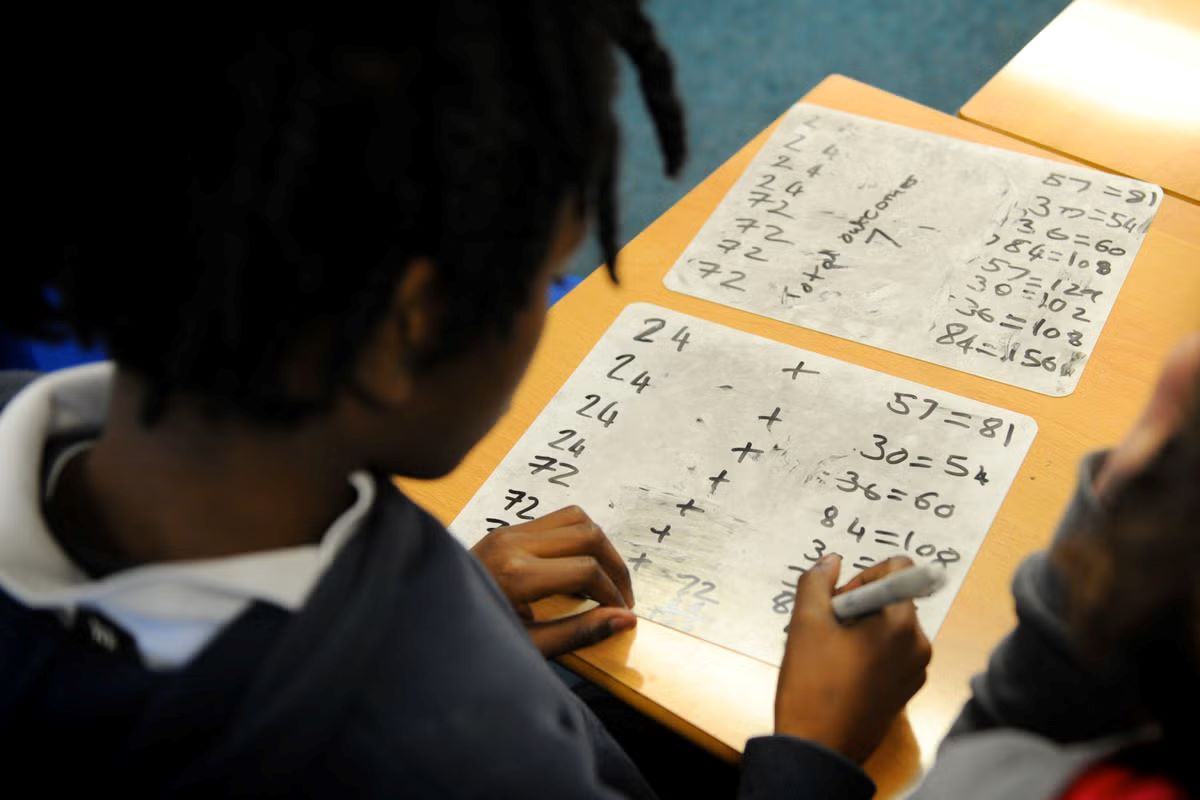More than three in four teachers believe most pupils leave school without the key financial skills needed, a survey has suggested.
An overwhelming majority of teachers in the UK think children should be taught about money before they start secondary school, according to a poll from the Money and Pensions Service (MaPS).
Hundreds of thousands of young people could be leaving school each year financially unequipped, the Government-backed body has warned.
A poll, of 1,012 teachers in the UK, carried out by YouGov, found 76% agreed that most young people leave school or college without the money skills they need for adulthood.
More than one in four (26%) teachers believe financial education should start at nursery, while 44% said children aged between 5-7 should start learning about money and 19% said between ages 8-11 was best.
The MaPS – which is an arm’s-length body sponsored by Government – is calling for financial education to begin early on in children’s lives.
Money is on the curriculum – usually as part of maths and numeracy, citizenship and personal development subjects – in all four UK nations.
But the age at which schools deliver it to young people can differ, the MaPS has said.
The survey, carried out online in November, found that nearly all teachers (96%) said it was important that schools teach pupils about money.
Asked to list the reasons why students were leaving school or college without the money skills needed, nearly four in five (79%) teachers said other subjects took priority over financial education.
Around a quarter said teaching staff did not have enough confidence or skills (25%), or they were not sure where to find the right support and resources (26%).


